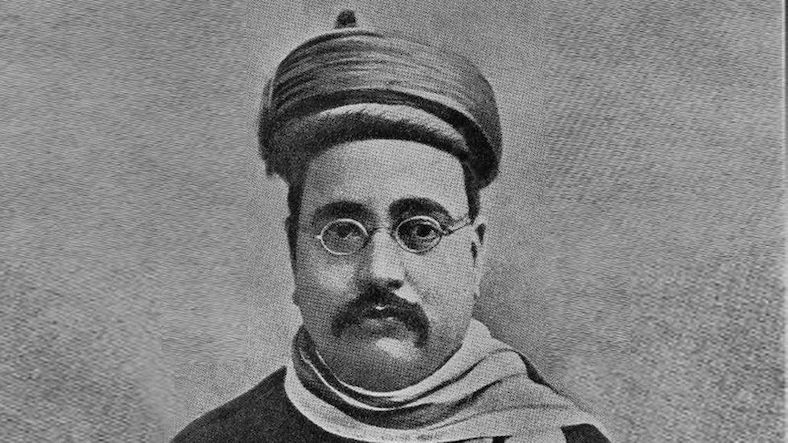Gopal Krishna Gokhale (1866-1915) was an influential Indian political leader, social reformer and advocate for Indian independence. He played a significant role in the early stages of the Indian nationalist movement and worked tirelessly to bring about social and political reforms in British India.
Here are some key aspects related to Gopal Krishna Gokhale and his contributions:
- Early Life and Education: Gopal Krishna Gokhale was born on May 9, 1866, in Kotluk village, present-day Maharashtra, India. He hailed from a humble background and faced financial challenges in his early life. However, he was a diligent student and obtained a Bachelor's degree from Elphinstone College in Bombay (now Mumbai). He later pursued a law degree from the University of Bombay.
- Role in Indian National Congress: Gokhale was actively involved in the Indian National Congress, the leading political organization advocating for Indian independence from British rule. He became a prominent figure within the Congress and served as its president in 1905. Gokhale advocated for moderate and constitutional methods to achieve Indian self-rule, emphasizing dialogue and negotiations with the British government.
- Social Reforms: Gokhale was deeply committed to social reform in India. He focused on issues such as education, poverty alleviation and women's rights. Gokhale believed that social progress was essential for national advancement and actively worked to promote education and social welfare initiatives. He founded the Servants of India Society in 1905, aiming to uplift society through education and service.
- Advocacy for Civil Rights: Gokhale was a vocal advocate for civil rights and played a pivotal role in shaping public opinion on issues such as freedom of speech, press and assembly. He firmly believed in the principles of justice, equality and individual liberties. Gokhale used his platform to raise awareness about the importance of civil rights and worked towards their protection and expansion.
- Influence on Young Leaders: Gokhale had a significant influence on several prominent leaders of the Indian nationalist movement, including Mahatma Gandhi. Gandhi, who considered Gokhale his political mentor, admired Gokhale's principles of moderation, constructive politics and commitment to social reforms. Gokhale's emphasis on ethical and moral conduct had a profound impact on Gandhi's approach to politics and nonviolent resistance.
- Legacy and Impact: Gopal Krishna Gokhale's contributions to Indian politics and social reform are highly regarded. His emphasis on education, constructive politics and social welfare left a lasting impact on the Indian nationalist movement. Gokhale's ideas and principles continue to inspire political leaders and social reformers in India and his advocacy for civil rights and social justice remain relevant to this day.
Gopal Krishna Gokhale's commitment to Indian independence, social reforms and civil rights made him a respected leader and a prominent voice in the Indian nationalist movement. His dedication to education, social welfare and ethical politics earned him the admiration of his contemporaries and left a lasting legacy in India's struggle for independence and the pursuit of a just and equitable society.
Thanks for reading the about this great personality on our peoples blog, for more such great people read our peoples blog articles.










